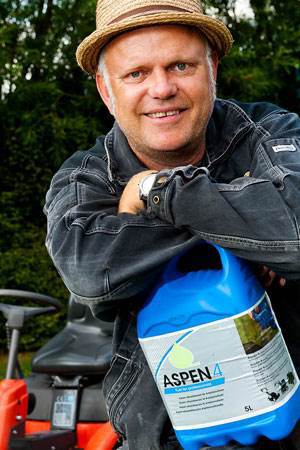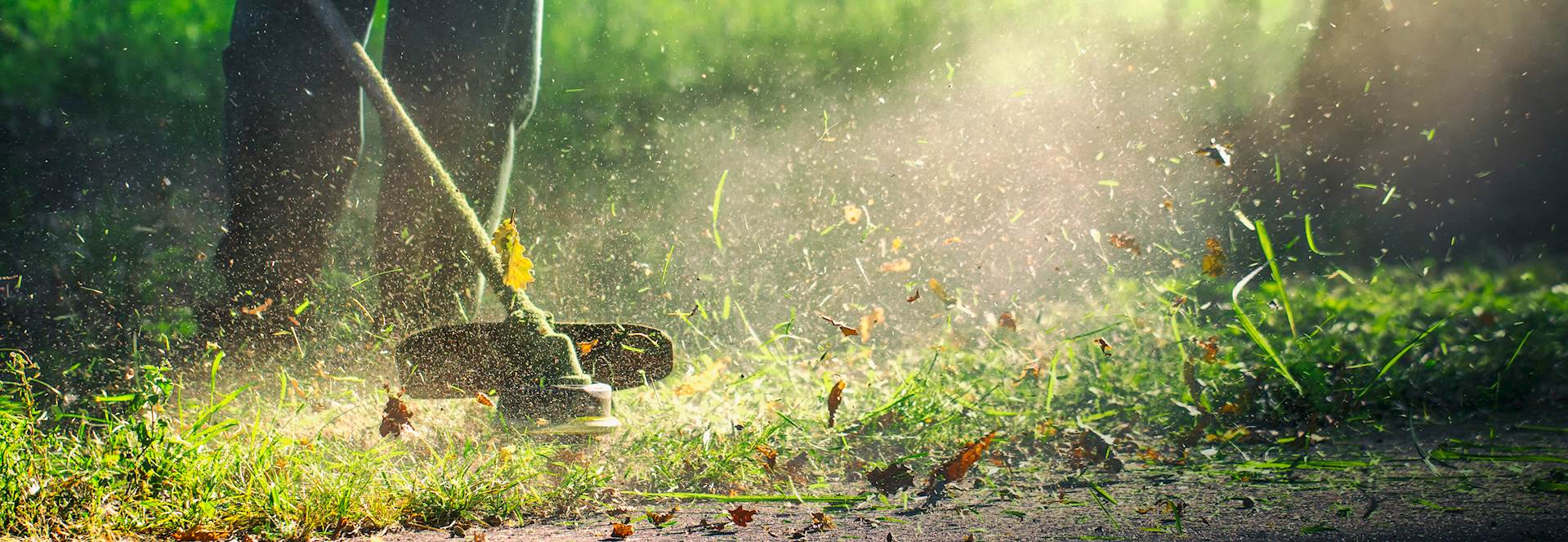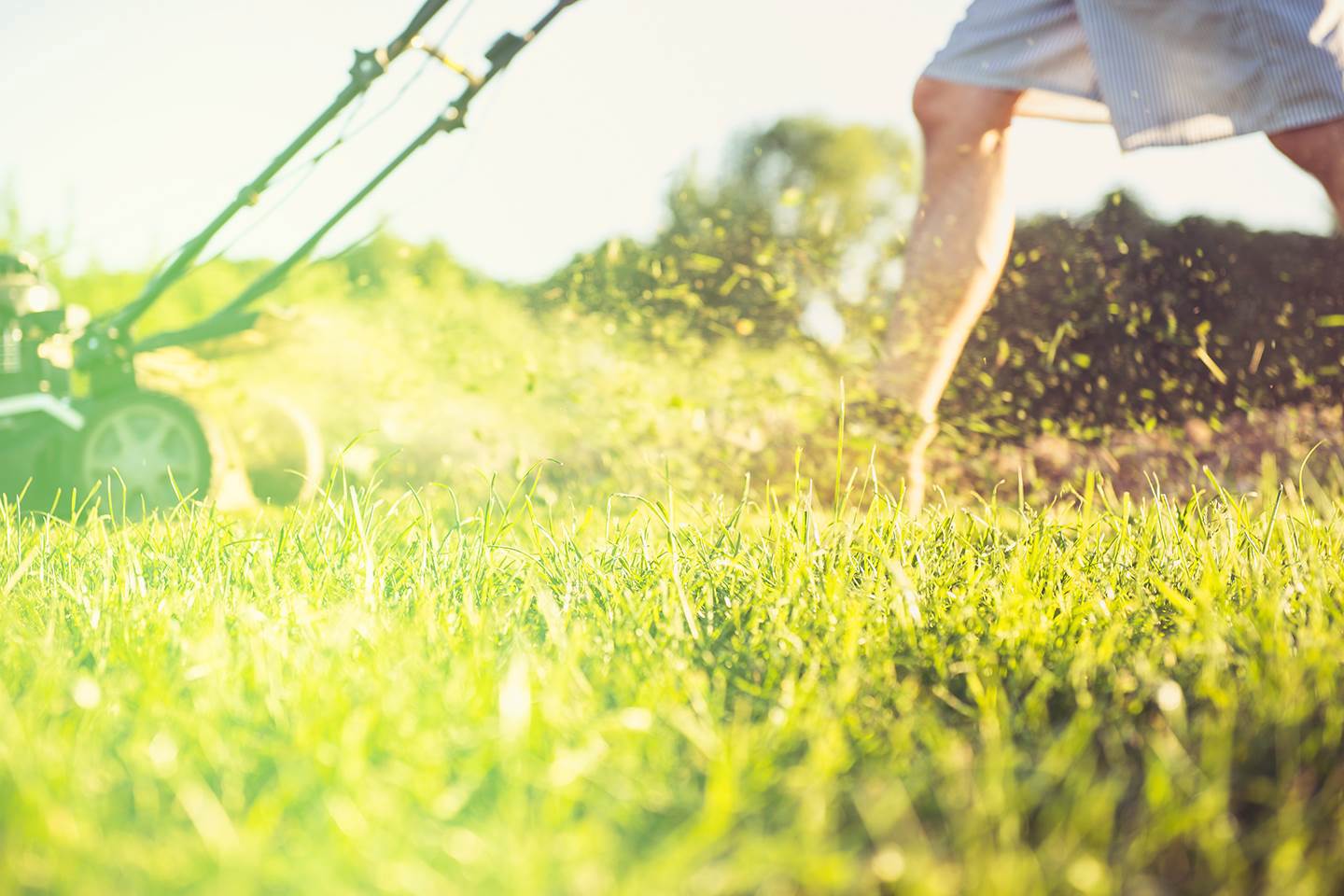 “I work with restructured nature,” he says, when asked to describe what he does. He still runs Slottsträdgården Ulriksdal and lives in a house in the grounds.
“I work with restructured nature,” he says, when asked to describe what he does. He still runs Slottsträdgården Ulriksdal and lives in a house in the grounds.
Around the old palace there are a range of different enterprise blossoming. Slottsträdgården Ulriksdal operates a commercial nursery, a café and conference center, and also offer horticultural design services and various courses and training programs.
For Rappne, it’s not just his fingers that are green. He has long been a passionate advocate for the environment, which is why he started using Aspen alkylate gasoline ten years ago.
“It offers so many benefits. The equipment run better, it doesn’t smell bad, and you can let young employees walk behind lawnmowers without feeling guilty.”



